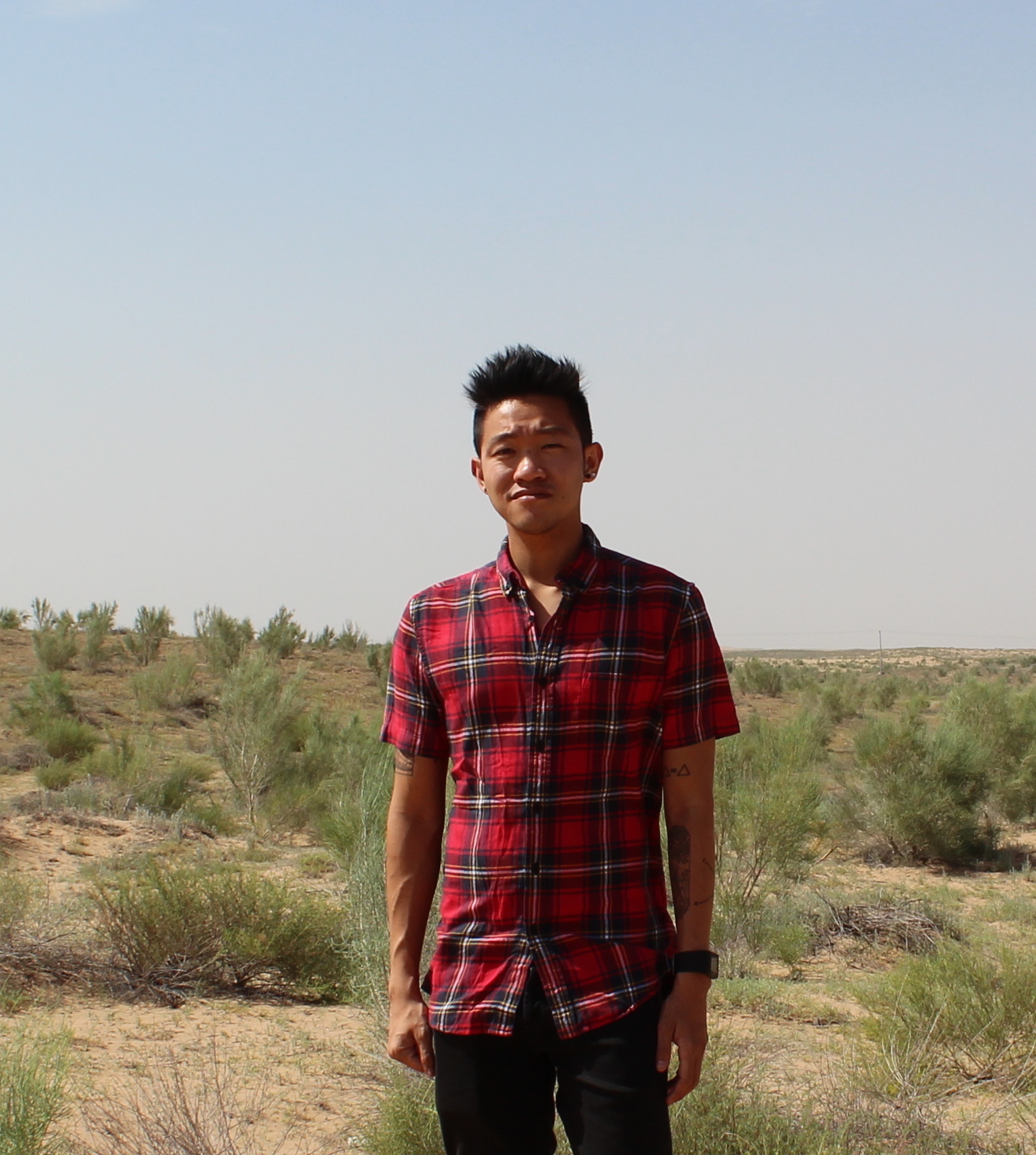Open lecture: Desert/Storm: Aerosol Politics in China and the US

Since the early 2000s, when questions of desertification have come to the forefront of state air pollution politics, desert landscapes have increasingly been approached as landscapes that are potential storms. Such a rethinking of the desert, I argue, has not only driven new approaches to social and environmental governance in desertified areas across China, but has also spurred a more general rethinking of Chinese air as a vastly dispersed solid that holds human life - an aerosol - rather than as an empty volume in which human affairs simply play out.
This talk explores three points in the alternating aerosol density of so-called Chinese air, arguing that can be imagined as part of a broader attempt, by several states, to modulate the air as a substance that can undergo different kinds of phase shift. First, it explores a desertification program in Alxa, China Inner Mongolia, that binds together economic development and ecological engineering through the fortuitous symbiosis of two roots. Then, it explores two art projects that aim to collect Beijing's air and press it into bricks and diamonds that are hyper-condensations of the air. Last, I explore how American scientists are counting particulates on the US Pacific Coast, and how US domestic air pollution politics are increasingly drawn, technically and politically, into debates over being downwind of China.
Read more about the CAS project that invites Postdoc Zee: Airborne: Pollution, Climate Change, and New Visions of Sustainability in China
The lecture is open to all interested.